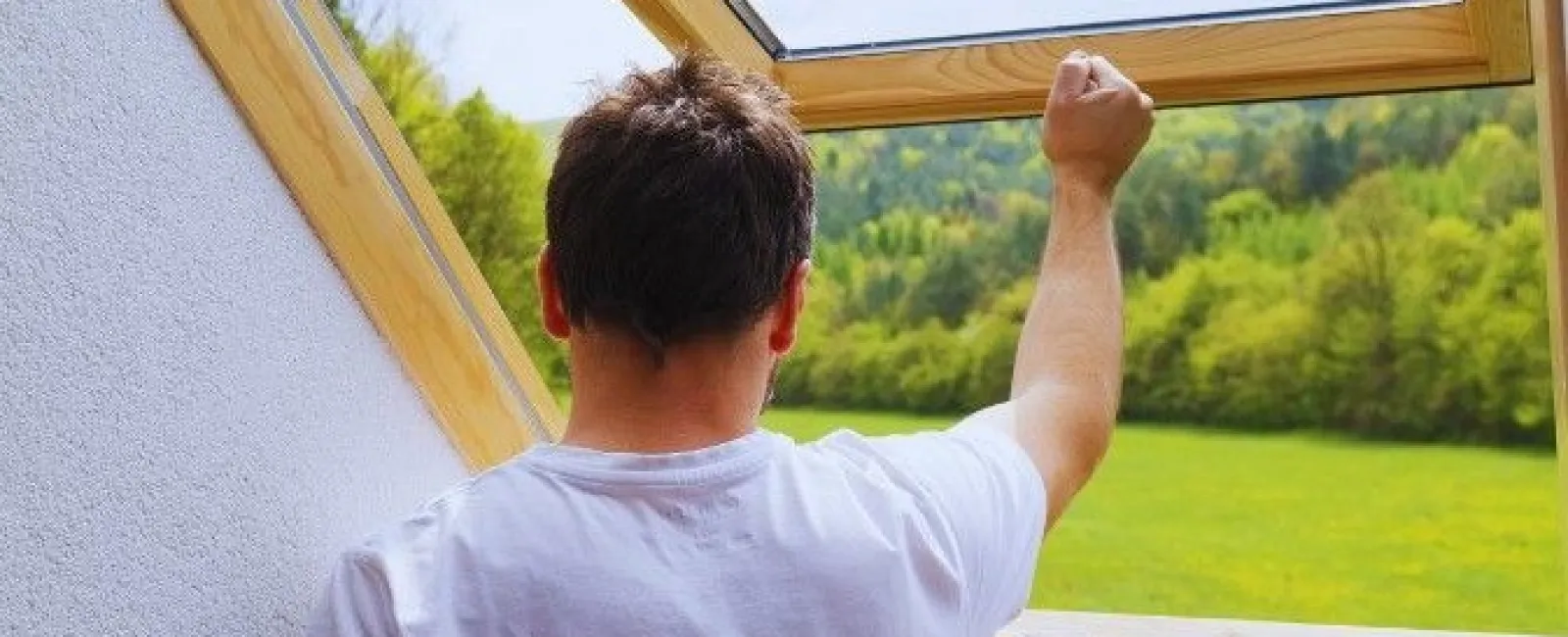October 27, 2025
Why Skylights Are Worth It: A Complete Guide for Atlanta Homeowners
If you've been considering adding skylights to your Atlanta home, you're probably wondering whether the investment is truly worth it. The short answer? For most homeowners, absolutely. But like any home improvement decision, understanding the benefits, costs, and potential drawbacks will help you make the right choice for your specific situation.
Let's dive into everything you need to know about skylights, from the financial investment to the long-term value they bring to your home.
The Real Benefits of Skylights
Natural Light That Transforms Your Space
There's something magical about natural light flooding into your home. Skylights can increase natural lighting by up to 30% compared to traditional windows, turning dark hallways, bathrooms, and interior rooms into bright, welcoming spaces. In Atlanta's sunny climate, you'll enjoy abundant daylight for most of the year.
Natural light doesn't just make rooms look bigger and more inviting. It can improve your mood, boost productivity, and even help regulate your sleep cycle. Studies show that homes with more natural light create healthier living environments for families.
Energy Savings That Add Up
Here's where skylights start paying for themselves. Quality skylights with Low-E glass coatings can reduce your reliance on artificial lighting during the day, cutting electricity costs. In Atlanta's hot summers, strategically placed skylights with proper shading can actually reduce cooling costs by allowing you to use natural ventilation instead of running your AC constantly.
Venting skylights offer another energy advantage. By opening them during cooler mornings and evenings, you can create natural airflow that pulls hot air up and out, reducing the strain on your HVAC system. This passive cooling strategy works particularly well in Atlanta's spring and fall months.
Increased Home Value
Real estate experts consistently report that skylights add value to homes. Potential buyers love natural light, and skylights are a premium feature that sets your home apart. While the exact return on investment varies, well-placed skylights in kitchens, bathrooms, and living areas typically recoup 50-70% of their installation cost when you sell.
Health and Wellness Benefits
Natural light exposure during the day helps regulate your circadian rhythm, leading to better sleep at night. Skylights bring this benefit directly into your home. Additionally, natural light has been linked to reduced eye strain, improved vitamin D production, and better overall mental health.
Understanding Skylight Costs in Atlanta
Let's talk numbers. The cost of installing a skylight in Atlanta typically ranges from $1,500 to $4,500 per skylight, depending on several factors:
Skylight type matters. Fixed skylights (non-opening) are the most affordable option, usually ranging from $1,500 to $2,500 installed. Venting skylights that open and close cost between $2,000 and $4,500. Tubular skylights, perfect for smaller spaces like closets and hallways, typically run $500 to $1,500.
Size impacts price. Standard skylight sizes (2x4 feet or 2x2 feet) are more affordable than custom sizes. Larger skylights require more structural work and materials, increasing costs.
Installation complexity. If your roof has easy access and a simple design, installation will be straightforward. Cathedral ceilings, multiple roof layers, or difficult angles add to labor costs. In Atlanta, most professional installations take 1-2 days.
Brand and quality. VELUX skylights are the gold standard, known for superior weather resistance and energy efficiency. They cost more upfront but often outlast cheaper alternatives. For Atlanta's climate with hot summers and occasional severe weather, investing in quality pays off.
Types of Skylights: Finding Your Perfect Fit
Fixed Skylights
These non-opening skylights are the most popular choice. They're sealed units that bring in light without ventilation. Fixed skylights work beautifully in living rooms, bedrooms, and any space where you want natural light but don't need airflow. They're also the most energy-efficient option and least expensive to install.
Venting Skylights
If you want both light and fresh air, venting skylights are your answer. They open and close (manually or electrically) to provide ventilation. These are perfect for bathrooms and kitchens where moisture control matters. In Atlanta's humid climate, venting skylights can help reduce indoor moisture and improve air quality.
Some venting skylights come with rain sensors that automatically close when it starts raining. This is a smart feature for Atlanta, where afternoon thunderstorms pop up quickly.
Tubular Skylights
Also called sun tunnels or light tubes, these compact solutions work great for small spaces. A tubular skylight uses a reflective tube to channel light from your roof into interior rooms. They're perfect for closets, pantries, hallways, and bathrooms where you can't fit a traditional skylight.
Tubular skylights are the most affordable option and easiest to install. They also have minimal impact on your roof's structural integrity, making them a low-risk choice.
Solar-Powered Skylights
The newest innovation combines energy savings with convenience. Solar-powered skylights use solar panels to operate opening mechanisms and built-in shades. They don't require electrical wiring, making installation simpler. While these cost more initially, they offer excellent long-term value.





